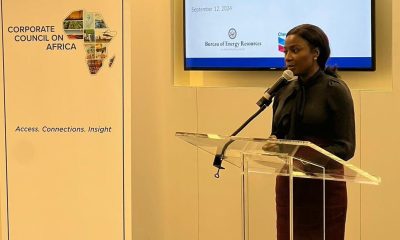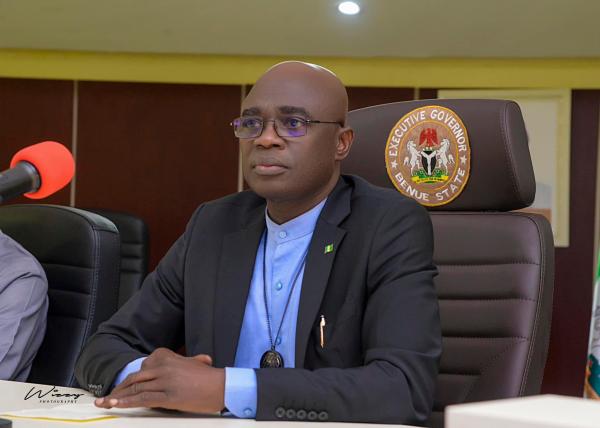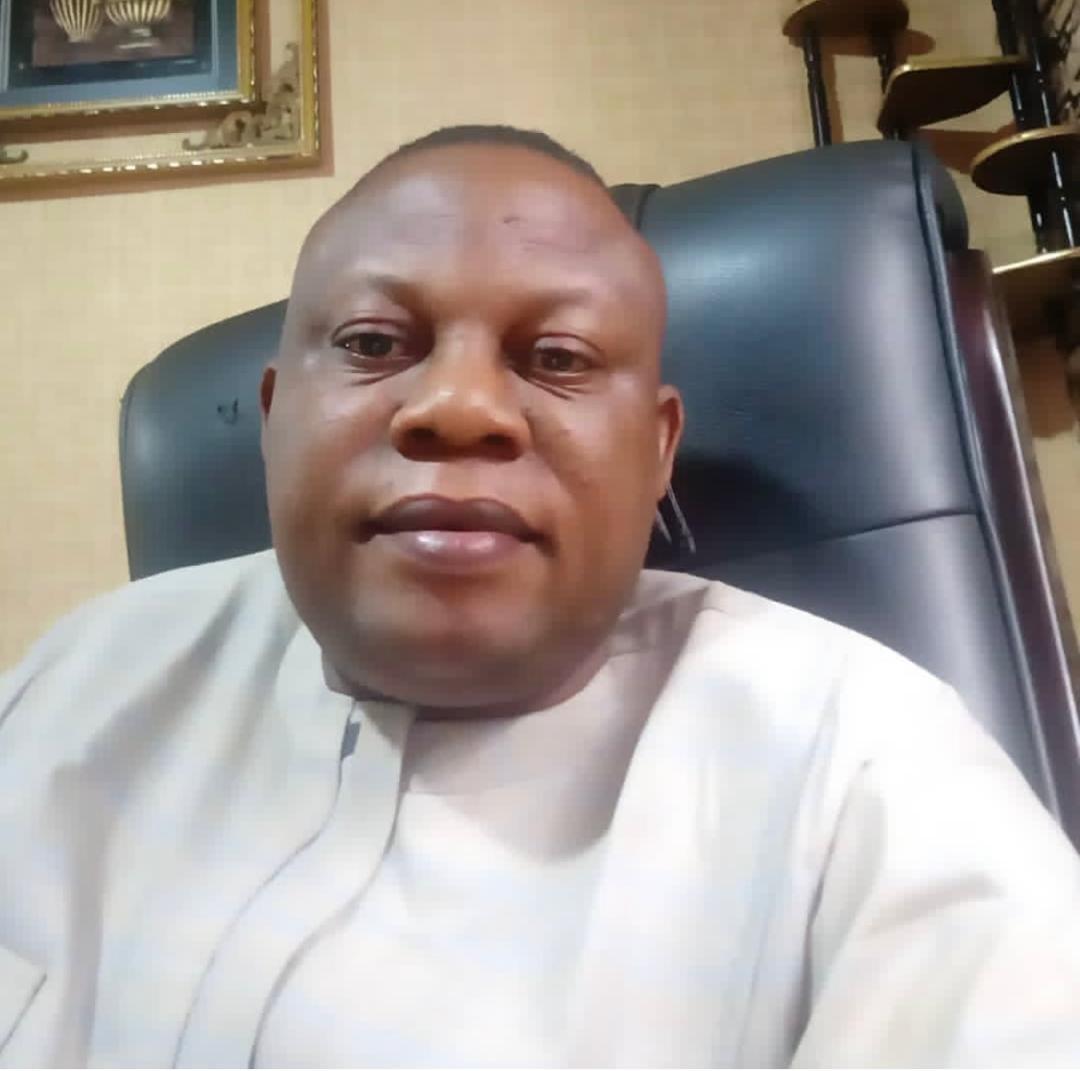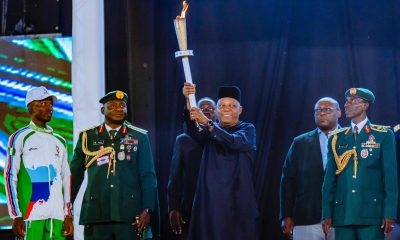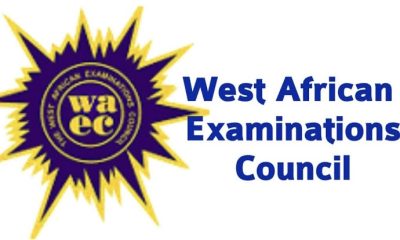National
US to waive visas for Qatar, in first for Arab country

National
Reps reject bill seeking six-year single tenure for president, governors
National
NAFDAC alerts Nigerians on fake products
National
ICPC tracks N610 billion projects in 22 states
National
FG awards contracts for Calabar, Ebonyi, Benue, Kogi, Nasarawa, Abuja highways
National
Alia approves ₦75,000 minimum wage for Benue workers
National
Lagos court jails NOGASA chair 21 years for N43.5m fraud
-
Metro22 hours ago
NAFDAC uncovers warehouse with unregistered products in Lagos
-
Sports10 hours ago
AMGA 2024: Tinubu charges military to address insecurity in Africa
-
News2 hours ago
Efe Ajagba Poised to Challenge Daniel Dubois for IBF Heavyweight Title
-
News11 hours ago
Tinubu should be blamed for PDP crisis – Sowunmi
-
Education8 hours ago
WAEC bans 13 schools in Kogi for examination malpractices
-
News7 hours ago
Ekpa, four others arrested in Finland for terrorism
-
Entertainment13 hours ago
African Military Games: Yemi Alade, Olamide, D’banj to Headline Opening Ceremony
-
Metro8 hours ago
Jigawa tanker explosion claims 209 lives, injured 99 – Report
-
News12 hours ago
Naira crashes against US Dollars
-
News11 hours ago
CAF Awards: Oshoala Missing as Nnadozie, Ajibade bag nomination
